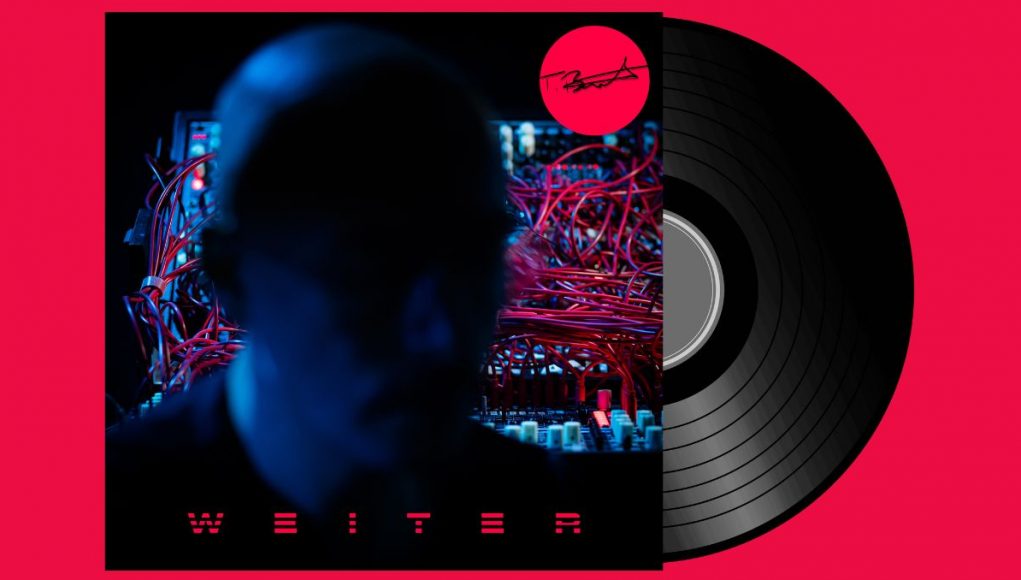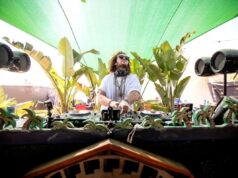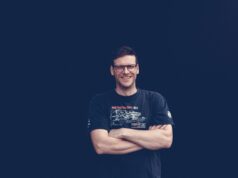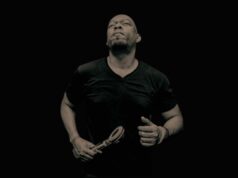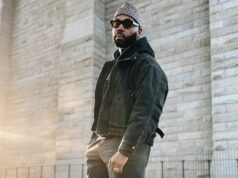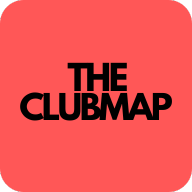The Clubmap have the pleasure of interviewing Thomas Burkhardt today, with the release of his fantastic new modular EP „Weiter“ we thought a few words to find out more about him, his music and more would be interesting. Read on.
What’s the most profound musical experience you’ve ever had, and how has it influenced your creative output?
When I started making electronic music I was very often stuck due to the limits of each typical synthesizer.
There was something on my mind I just could not express. Then someone sold me a used Doepfer modular starter system and that thing blew my mind. That was the starting point of the real journey I was looking for and since then I kept on travelling together with my machines.
In your opinion, what’s the most underrated electronic music subgenre, and why do you feel it doesn’t get the recognition it deserves?
To be honest Im not into genres that much. But if you ask what kind of electronic music is underrated, Id say it’s the experimental sector.
Electronic music is the only music that has no ethnical roots. Everyone from around the globe can communicate easily through electronic music.
But still people want to have borders that separate one specific genre from the other. I think that is wasted potential.
Can you tell us about a particularly memorable gig you played, and what made it stand out for you?
I made a live improvisation inside a huge water tank once. It was a quadrophonic setup. The reverberation time was about 10 seconds.
That was totally insane. This experience made me think more about exploring physical rooms with electronic music and that is something I still love to do.
If you could collaborate with any artist, living or dead, who would it be and why?
It would be Uwe Schmidt (a.k.a. Atom TM). Uwe is a brilliant musician and sound designer who has the power to create unique magical moments and he is extremely versatile.He also is not afraid to fool around and to make musical jokes inside his works. In a world where every artist is so serious about how he is perceived, that is quite revolutionary.
What’s the most unusual sound you’ve ever used in a track, and how did you go about incorporating it?
Unusual sounds are my daily business so it is quite hard for me to pick an even more unusual sound. :) On my album „Novalis“ I tried to create technoid structures in a very organic way to achieve a feeling of moving and travelling through fictional environments. I used a sampling module that was fed samples I have prepared in the studio, like scrambling papers, collision of wooden objects, friction of different materials. These sounds created the warm feeling of being at home while entering completely new spaces.
How has your musical style evolved over the years, and what factors have contributed to those changes?
My work has become more detailed over the years. The reason is that the patches I create become more and more complex as my inspiration is nature itself. When you take a close look at a leaf for example, you will be surprised how complex it is and still you want to say „This is only a leaf.“ Same thing within a musical loop structure. It is only a loop, but still you will recognize dozens of little variations. That is what I want to achieve.
What’s your creative process like, from start to finish, and how has it changed over time?
I have enough ideas for two lifetimes. This is a problem. So I take notes of ideas once they appear and let them grow until I can`t stand it any longer. That is the right starting point of a new work. Sometimes these ideas take years until I take them into account. Once a project starts I jump right in and simply follow my intuition. These principles did not change. To me this seems to be the best workflow.
In your opinion, what’s the biggest challenge facing the electronic music scene today, and what steps can we take to overcome it?
I think the biggest challenge is to support true talents. I`m often listening to music by people I never heard of before and I wonder why their music is so hard to find when they are so brilliant. The reason is the growing music industry, and also the fact that software companies keep on developing tools that give all users the feeling of being an artist. But being an artist means that you are able to express something from deep inside, and if you are completely honest, not everyone is able to do it. So we need a strong audience here that is able to separate the wheat from the chaff. This is how we can grow as a community.
Can you tell us about a particularly challenging moment in your career, and how you overcame it?
My whole „career“ is quite challenging since I’m always striving to reach the limits of music. Not everyone likes this attitude. But I sometimes find people telling me to be deeply moved listening to my work and that is worth every effort.
How do you see electronic music evolving over the next decade, and where do you see yourself fitting into that picture?
Electronic music will be altered by AI technologies. No one can change it. I will be part of the „old boys“, who still want to use computers as little as possible.
What’s next for you?
I’m working on a piece combining poems with experimental sound environments.
Artist Social Links:


